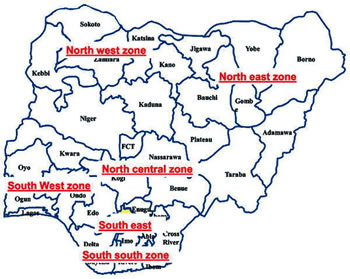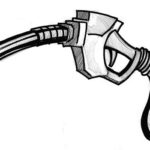Marginalisation is a condition where what is supposed to be for all is taken by a few, leaving the rest with nothing. It can also be a situation where public wealth is diverted and shared among selfish and powerful individuals, leaving the entire citizenry in a condition where they cannot even afford the basic needs of life.
Each ethnic group in Nigeria has its representatives in government, from the local to the federal level of governance. What have these representatives done to the people they are representing? They are enriching themselves with the funds meant for the development of their areas and their people.
During the marginalisation period in South Africa, the whites took over everything good belonging to the blacks, which would have bettered their lives. The blacks were suffering in South Africa but the whites were enjoying.
Are the Hausas that are allegedly marginalising other Nigerians not suffering? It is an obvious fact that poverty is more prevalent in places occupied by the same people that have been accused of marginalising others. In the real sense of marginalisation, that shouldn’t be so.
Those who ‘marginalised’ others should not be experiencing poverty. They should have quality healthcare centres and access quality healthcare services in their domains and not to be seeking for medical services abroad.
They should have 24 hours electricity supply in their areas; good roads, better educational training, and less unemployment. In summary, those that ‘marginalised’ others should have their places developed and should not be lagging behind.
The simple truth is that our leaders, the rich people in the country, have marginalised the rest of us that are not in the positions of leadership, power and authority. They have marginalised the poor in the country by taking everything that belong to all of us to enrich themselves.
Awunah, Pius Terwase,
Mpape,
Abuja.





